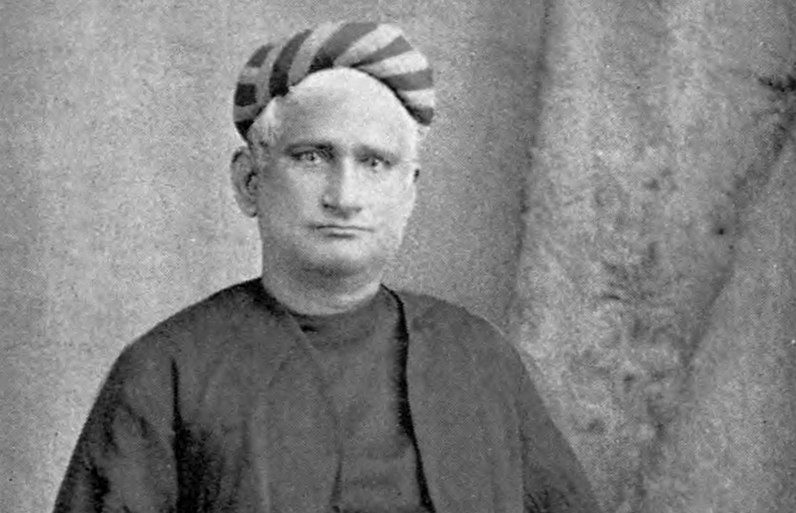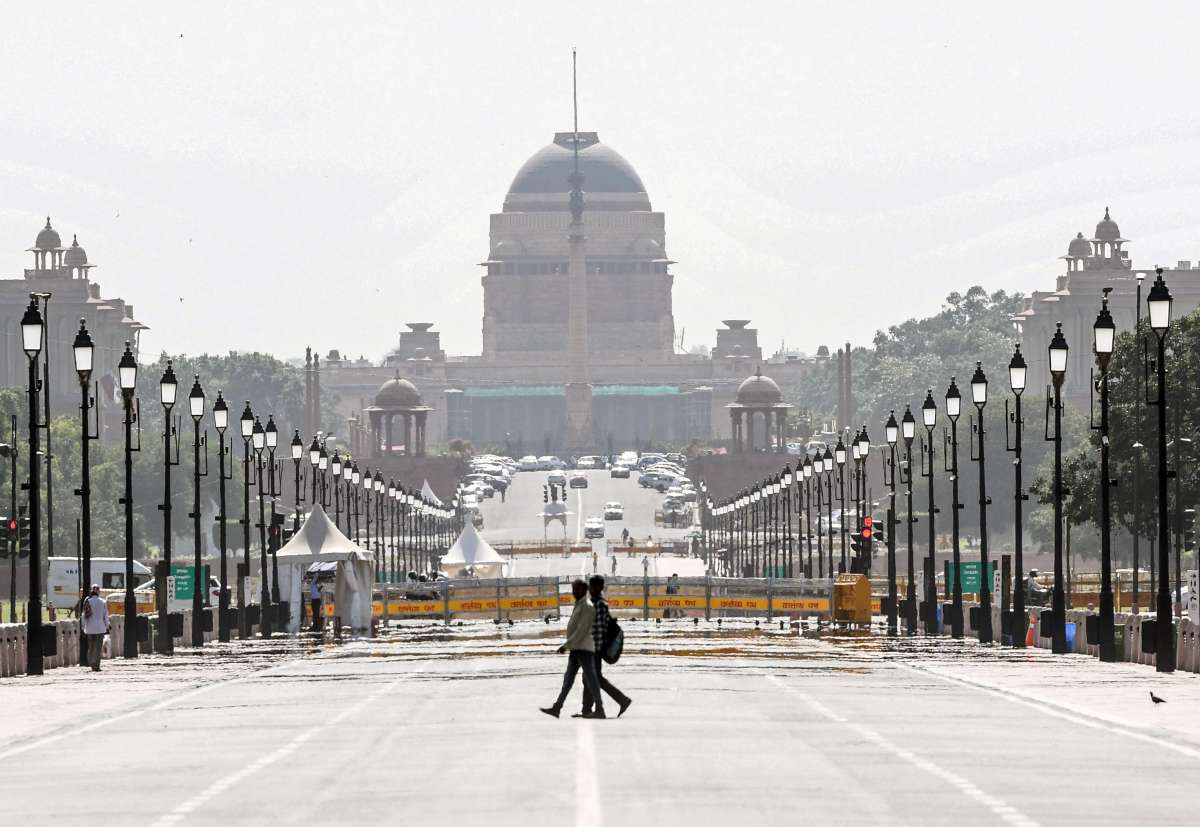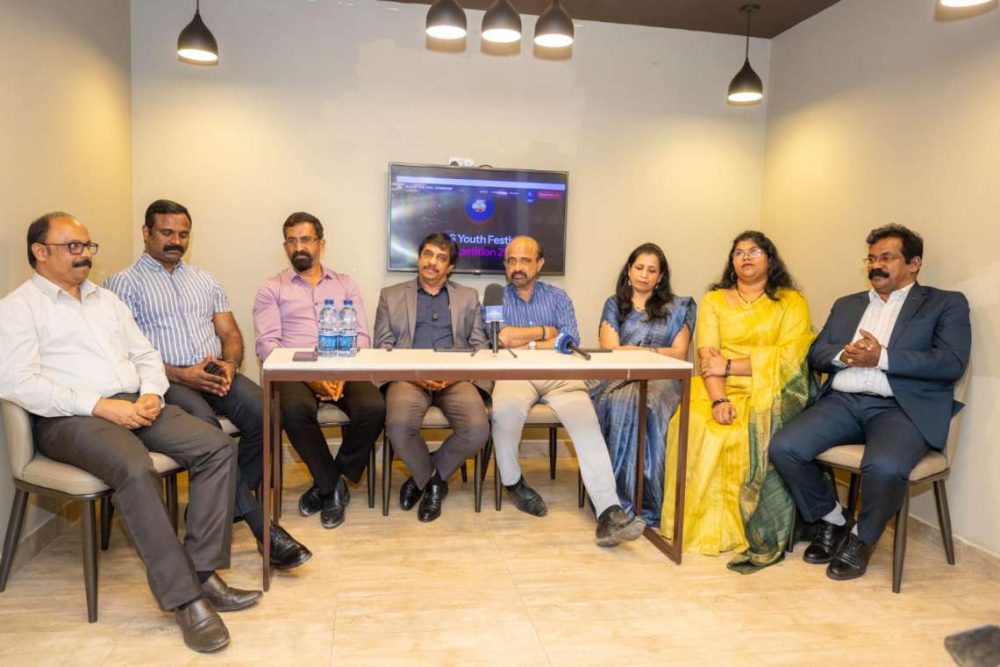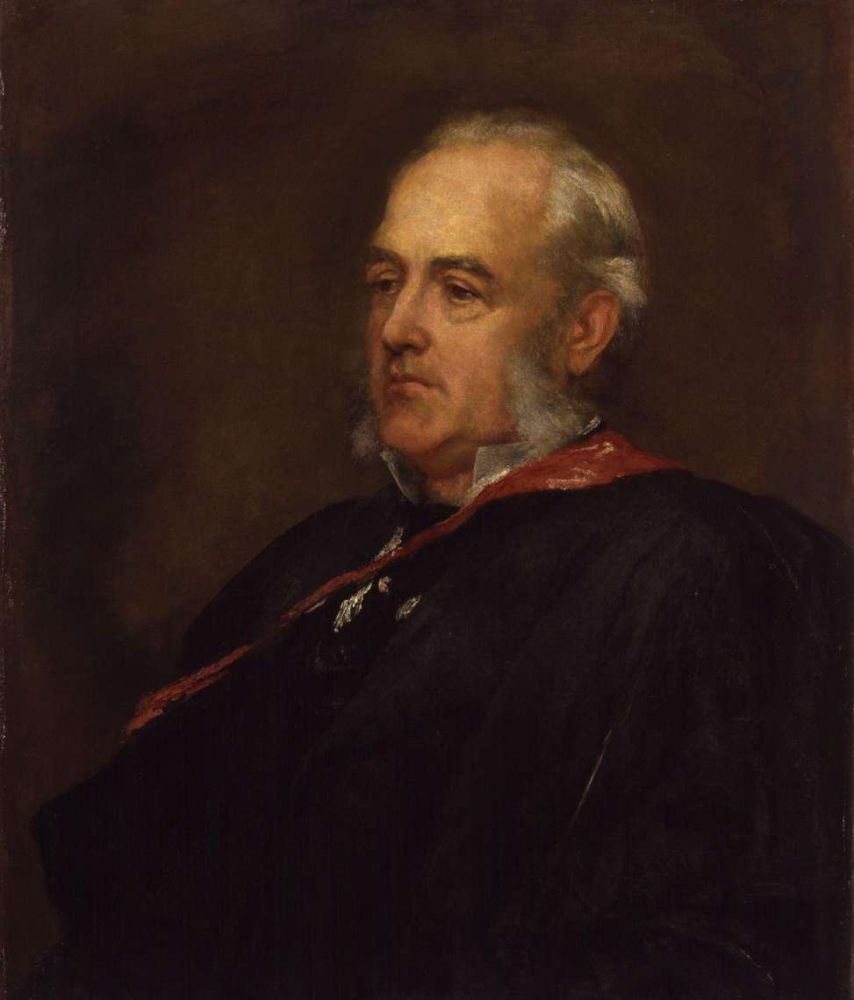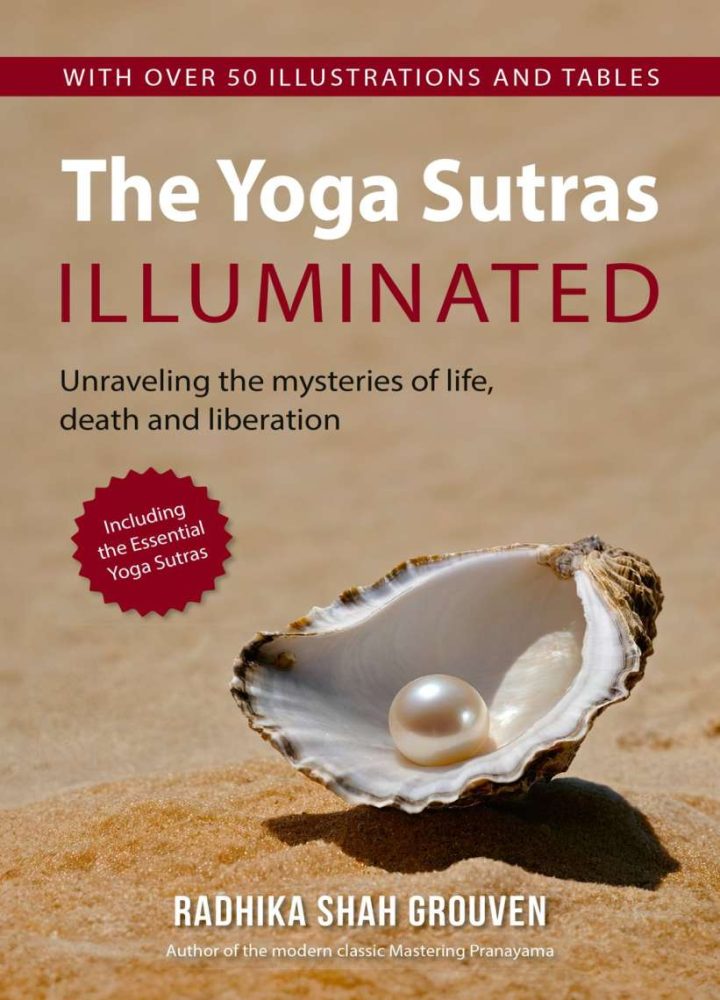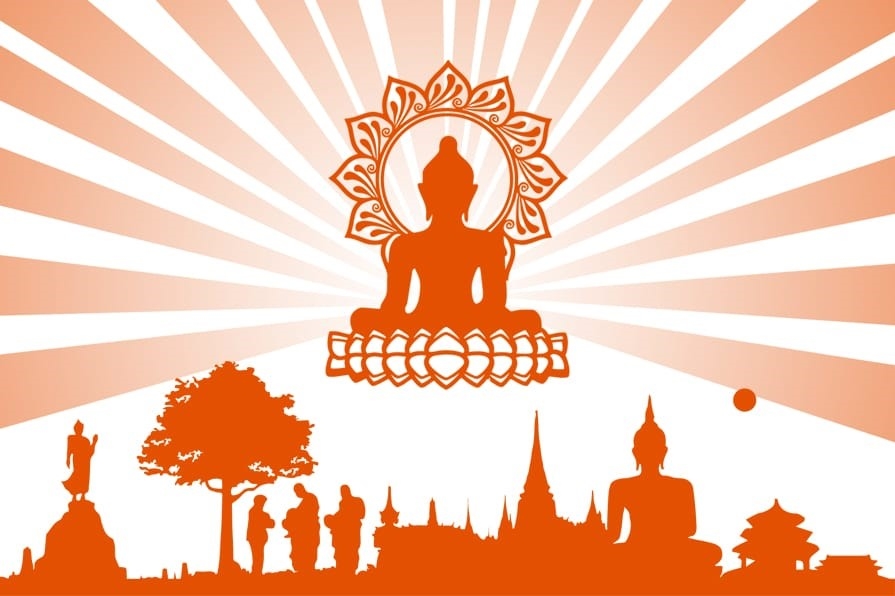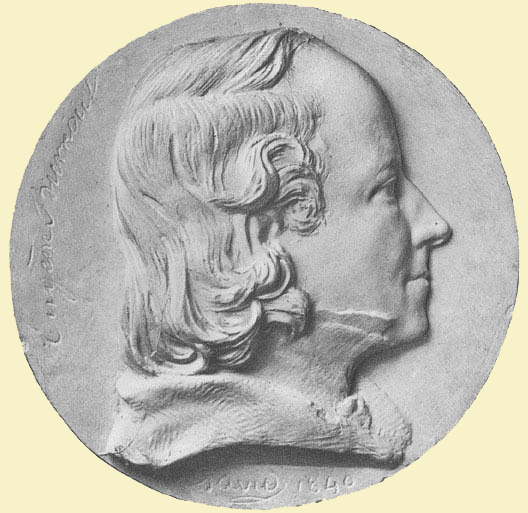His writings inspired many activists and revolutionaries during the Indian Independence Movement particularly his two novels “Ananda Math” and “Devi Choudhurani…reports Asian Lite News
Bankim Chandra Chatterjee (1838-1894) was an Indian novelist, poet and journalist though a Bengali writer his first novella called Rajmohan’s wife was published in English in 1864 and remains the only English novel so far. All his other writings that followed, though in Bengali but highly Sanskritised he wrote fourteen novels and many serious scientific and critical treatises for which he was given the title (Sahitya Samrat) Emperor of literature.
His writings inspired many activists and revolutionaries during the Indian Independence Movement particularly his two novels “Ananda Math” and “Devi Choudhurani.” Chatterjee was regarded as a key figure in literary renaissance of 19th century Bengal and was a source of inspiration to the likes of Rabindranath Tagore and many more. His national song Vande Mataram was a wake up call to freedom fighters against the British Imperialist rule of India who were squeezing every penny out of India to enhance British Industrial Revolution in United Kingdom. The initial concept of Indian de-industrialisation was introduced by Sir William Bentinck the then Governor-General of India between 1833 and 1835 his policy significantly impacted the cotton, jute and tea industry of India.
From 1858, the Indian economy was ruled directly under the British Imperial rule till India become independent in 1947 by then India had already become poor more so because of the British divide and rule policy which created Pakistan in 1948 over the dead bodies of millions of Hindus and Muslims who were literally uprooted from their homes and families destroyed on both sides this was also Churchill’s dream plan to leave India dry and they were successful in doing so.
Bankimchandra’s Ananda Math or (Abbey of Bliss) published in 1882 the novel is inspired and set in the background of the Sannyasi Rebellion of the late 18th century to take up arms against the British colonial rule in India it is in this novel the song Vande Mataram plays an important role “Hail to the Motherland” Bankim also wrote this keeping in mind the great Bengal famine of 1770 where several millions died of starvation the British were directly responsible for this. Although Ananda Math was based on Hindu Sannyasi Rebellion Bankim idea very inclusive in the sense that to fight the British you would need to unite everybody regardless of cast, creed or religion it was a fight for the motherland. The idea of the fallen Motherland, the fusing of the political and the religious imagery was passed down from Bankim Chatterjee to Aurobindo Ghose and would be rebellion and certainly found resonance within Subhas Bose who during his political exile would go on to form Indian National Army (INA) besides Hindus there were more Sikhs and Muslims in his army and were strongly dedicated to the cause of liberating Motherland from the oppression of the British.
There are three versions of song Vande Mataram the first is in original Sanskrit the second is the 1952 Hindi film version popularised by singers Hemant Kumar and Lata Mangeshkar while the third version is composed by India’s ace music director A. R. Rahman which has also gained popularity in the recent times.
Devi Choudhurani published in 1884 after Ananda Math is yet another novel dealing with oppression of the British Empire here the protagonist of actual historical figure is a female character like that of Rani Laxmibai of Zhansi who fought the British single handedly. In Devi Choudhurani, Bankim boldly portrayed the struggle being led by a woman, the protagonist he uses the allegory of actual historical figures of valiant queens across India who had ably led their kingdoms and fought on the battlefields. This was a tremendous inspiration for scores of women in India to take up arms and fight for the Motherland. In this novel Bankim Chatterjee reinforced his belief that armed conflict against the British is the only answer to gain independence. This idea also inspired Netaji Subhas Chandra Bose tremendously and scores of other freedom fighters such as Bhagat Singh, Udham Singh and Veer Savarkar to name but a few.
As we see the terrible hangman’s rope
We laugh a loud laugh of triumph
We are indestructible, we have no fear
Nazrul Islam
(Dilip Roy is a Fellow of Royal Asiatic Society UK and a researcher on Cultural and Literary subjects)


